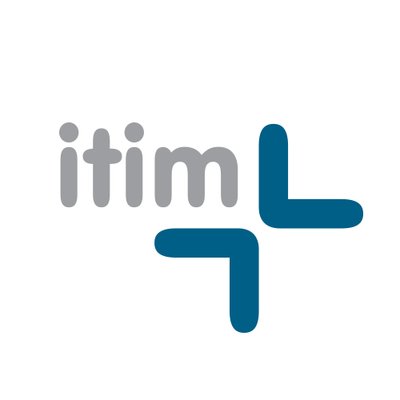The age of automatic brand loyalty is fading fast, and value is taking the driver’s seat. As inflation continues to weigh on consumer wallets, shoppers are making bold, price-driven choices. Retailers, meanwhile, are bracing for a turbulent road ahead, attempting to retain loyalty while balancing cost pressures and evolving strategies that don’t include price cuts. This pivotal shift is more than just belt-tightening, it’s reshaping the future of retail.
According to a recent Rakuten study conducted with The Harris Poll, 55% of consumers plan to prioritise low-priced products in the coming months, signalling a clear pivot towards affordability over allegiance to particular brands. Meanwhile, 33% of retailers acknowledge that shoppers are actively looking to combine and stack incentives when purchasing from their preferred names; confirming that traditional loyalty is no longer a reliable crutch. Despite this shift, many retailers still believe that brand loyalty remains a stabilising force. In fact, 32% believe consumers will simply move to discount retailers that stock their favourite labels, rather than abandon those brands entirely.
However, this confidence could prove misguided. As Julie Van Ullen, Chief Revenue Officer at Rakuten Rewards, points out, retailers are walking a tightrope. They are seeing rising operational costs while facing immense pressure not to pass these increases on to customers. Consumers are clearly value-driven, and any misstep in pricing could sever previously reliable brand relationships. This environment demands innovative, cost-neutral incentives like cashback programmes—offering value to consumers without destabilising retailer margins.
The economic landscape fuelling these changes is stark. Nearly one in five consumers report being unable to pay household bills, while 17% cannot afford essentials such as food and petrol. Only 36% feel confident in covering daily expenses alongside discretionary purchases. As a result, 41% of consumers intend to shop less in 2025 compared to previous years. Inflation remains the top concern for 39% of shoppers, and an overwhelming 77% expect prices to continue climbing through the year.
Against this backdrop, businesses that offer flexible, value-centric experiences are positioned to thrive. Retailers must recalibrate their approach, thinking beyond blanket discounts and toward more strategic solutions. The push is on to implement smarter technologies that support personalisation, efficiency, and seamless omnichannel experiences.
One company already capitalising on this shift is itim Group, a UK-based retail technology provider. The firm recently reported strong EBITDA growth alongside a series of major contract wins, underscoring its momentum in a space where digital transformation is no longer optional. CFO Ian Hayes affirmed a positive outlook for 2025, noting that as retailers grapple with changing consumer behaviour, demand for agile, tech-driven solutions is surging. From supply chain automation to enhanced customer journeys, itim Group is enabling retailers to do more with less—offering the kind of innovation that empowers both margins and loyalty.
In a market defined by inflation and cautious spending, the companies that will thrive are those that help retailers adapt without compromise. Technology is no longer an enabler; it is the differentiator.
itim Group plc (LON:ITIM) is a SaaS-based technology company that enables store-based retailers to optimise their businesses to improve financial performance and effectively compete with online competitors. Itim adds retail value by helping multi-channel retailers optimise their business and their stores to improve financial performance and compete more effectively with the “Amazons”.




































